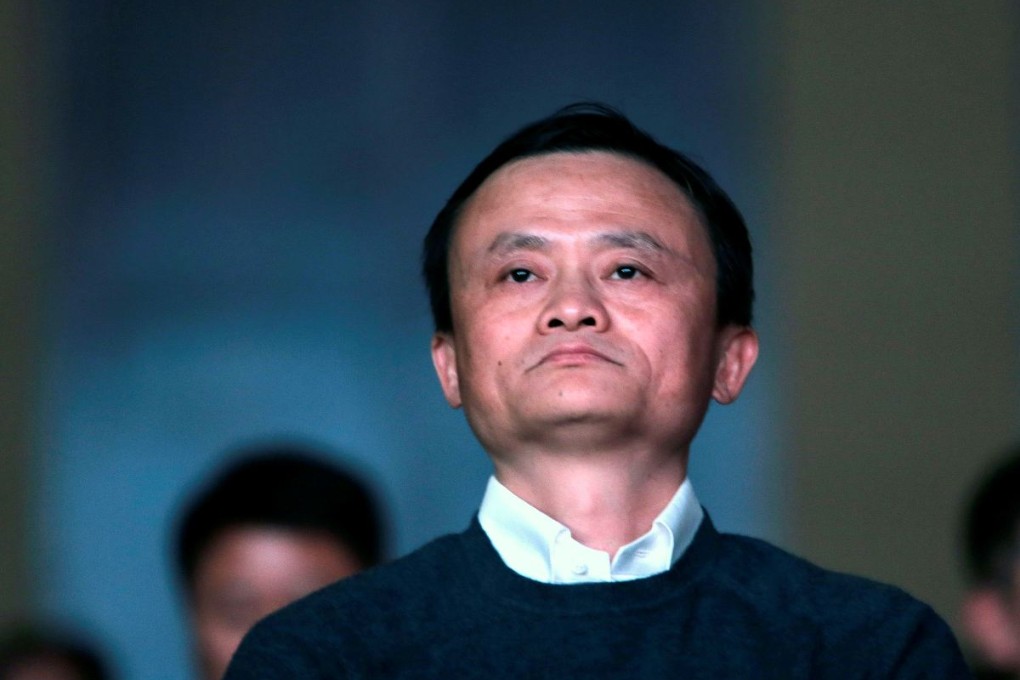Mr. Shangkong | China's second generation rich pose risks with 'quick money' thinking
Choice of Jack Ma or Li Ka-shing as a role model highlights different thinking of China's rich kids

It's really been a season of changes. Early this month China was confirmed by the International Monetary Fund as having overtaken the United States as the world's No 1 economy. Last week, Jack Ma Yun, the founder of e-commerce giant Alibaba, became Asia's richest man, edging out Hong Kong's Li Ka-shing.
While some readers may see little impact on their daily lives from China's newly elevated economic status, Ma's feat in overshadowing Li on Asia's rich list will resonate with many people, especially the younger generation on the mainland.
Many of the young mainlanders whom I have met over the past decade, whether in colleges or enterprises, struck me as smart and ambitious - with some, perhaps a little too ambitious.
Here's why I have some concerns about how Ma's success could skew the priorities of some of these people.
My father has a good friend who owns several businesses in eastern China. He's been thinking about his family business succession plan.
His son has made it clear that he is happy to take over his father's assets but has no interest in so-called traditional businesses such as property and construction. A member of the "second rich generation" on the mainland, the son is more interested in making quick money, such as creating an iPhone app or a website, and then get the business listed on Nasdaq. His ultimate goal - cash out and enjoy life - is not uncommon in China nowadays.
